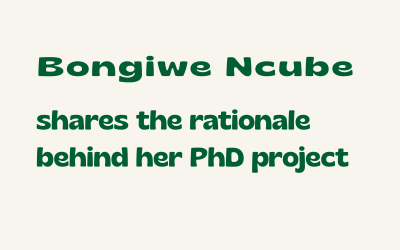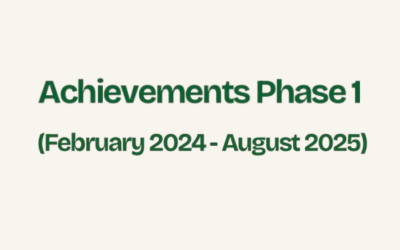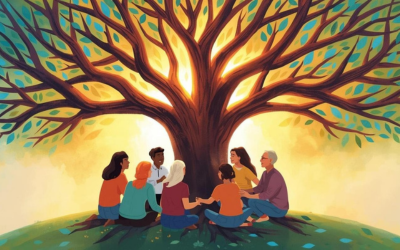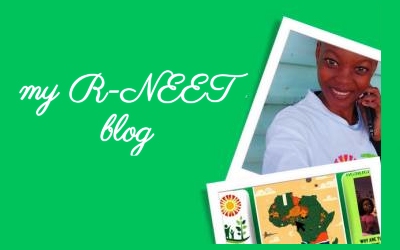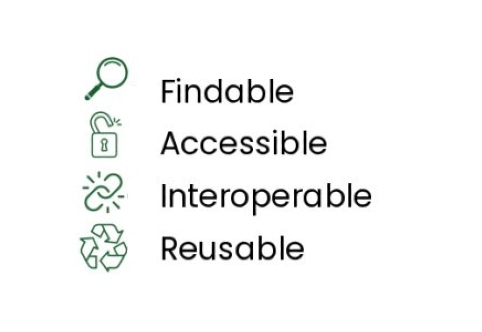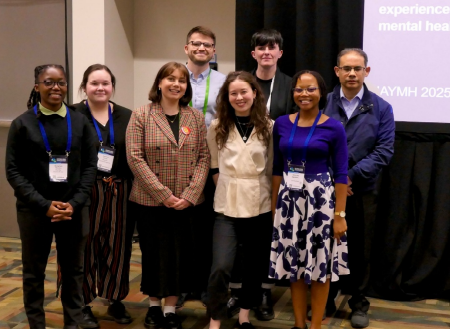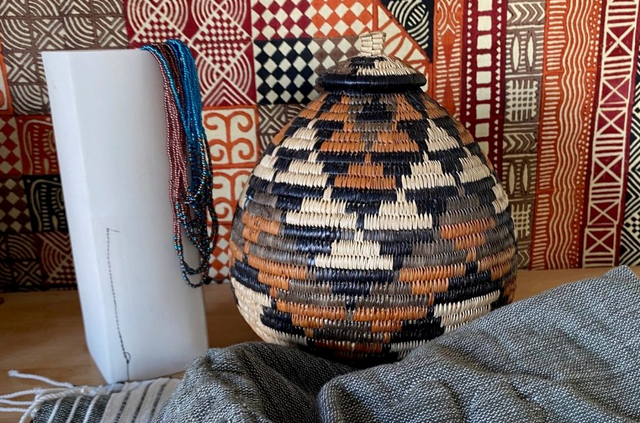R-NEET PhD project: Faith, Cultural Legacy, and Echoes of Silence: Multisystemic Resilience Among Young Women in the Face of Gender-Based Violence Across Generations in Gauteng, South Africa
Alberta Ofosu, Doctoral Research Assistant, University of Leicester
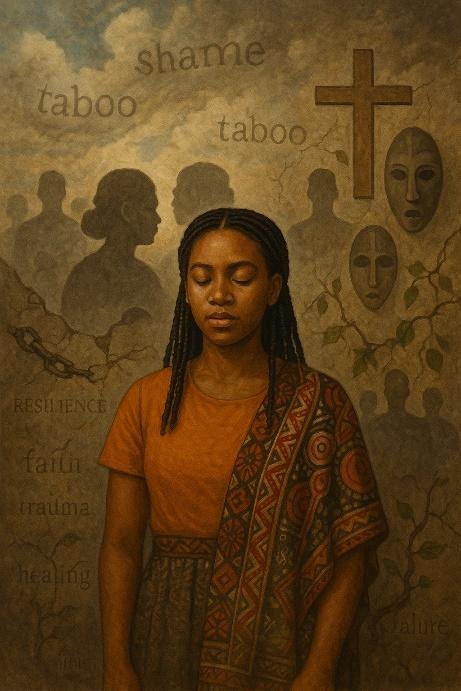
My research proposal has been accepted! This is great news and marks the beginning of the next phase of my research career.
In this blog post, I share the project: a PhD study that explores something both urgent and deeply personal: what enables resilience to depression among young women in South Africa who have lived through gender-based violence (GBV).
I come to this project with a background in criminology and forensic psychology, which deeply shapes how I approach the topic. My training has given me a strong understanding of the psychological impacts of trauma, as well as the broader social and structural forces that contribute to violence and marginalisation. This dual perspective allows me to look at gender-based violence not only as an individual experience but as part of a wider system of harm, one that intersects with poverty, exclusion, and cultural silence. It also means I’m attentive to questions of justice, voice, and recovery, and committed to research that does more than just describe problems, but actively contributes to more compassionate and equitable responses.
Depression among young people is a growing global crisis, especially in low- and middle-income countries where support services are limited, stigma remains strong, and traditional support systems are under pressure. In South Africa, these challenges are compounded by high youth unemployment, widespread gender-based violence, and the psychological weight of “waithood” — a term used to describe the delayed transitions to adulthood many young people face when education, work, or social mobility are out of reach.
This research will focus specifically on young women aged 18–29 in Gauteng who are not in employment, education, or training (NEET) and who have experienced GBV. The goal is to understand what helps them to address experiences of depression, not just in the sense of personal strength, but in how community, culture, belief systems, relationships, and history all come together to support (or not) mental health.
Rather than viewing resilience as simply “coping” or being tough, this project takes a multisystemic view. That means looking at how a range of interconnected factors (from faith and family support to neighbourhood safety and storytelling traditions) influence how young women resist, survive, and recover from depression following GBV.
To explore these questions, my sample will be inspired from our R-NEET survey data, and then uses qualitative and participatory methods, including interviews, participant observation, and storytelling using objects and artefacts. These approaches are designed to centre women’s voices and allow for reflection not just on trauma, but on the legacies of strength, silence, and support that shape mental health across generations.
The research will also draw from African philosophies and cultural practices, pushing back against Minority World mental health models that often fail to recognise the role of spirituality, communal identity, or lived tradition in harm, healing, and mental health.
I’m excited (and a bit daunted!) to begin this fieldwork. There’s much still to refine, and I know the process will change me as a researcher and as a person. But more than anything, I hope this work can contribute to better understanding, and better support, for the young women whose stories have too often gone unheard.

